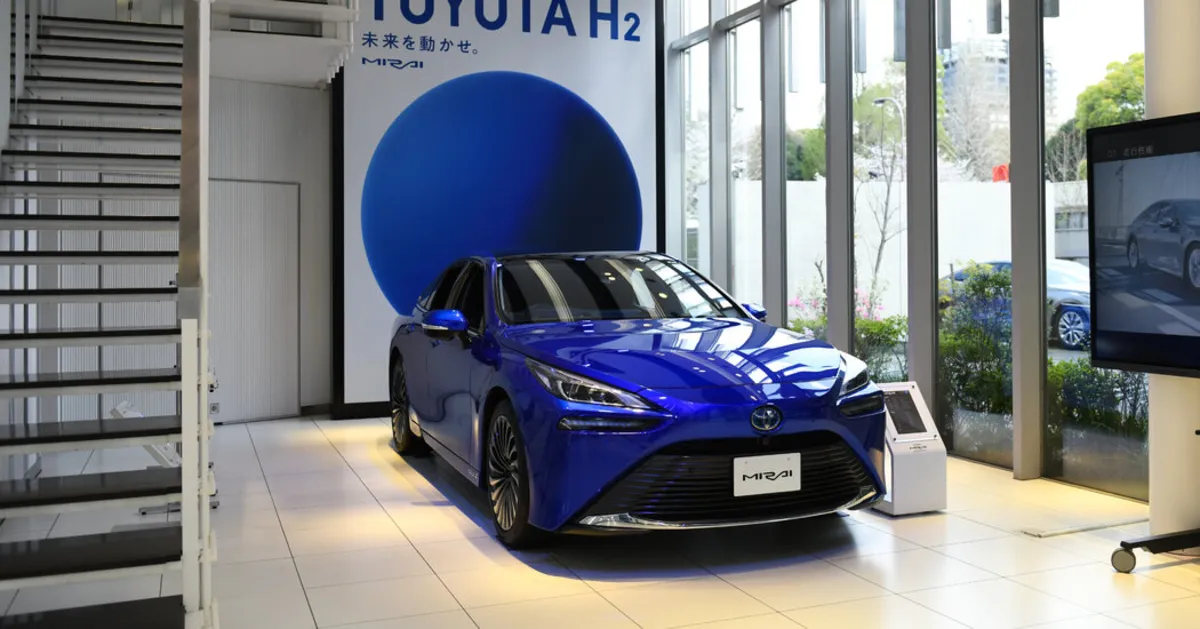
Just a year ago, Toyota Motor Corporation, the world’s largest automaker, was enjoying a remarkable surge in sales, especially in the hybrid vehicle market among American consumers. The combination of strong demand and a weak yen significantly boosted the company's earnings, leading to an unprecedented milestone in May, when Toyota announced the highest annual profit ever recorded by a Japanese firm. However, recent developments indicate a stark contrast in the company’s financial outlook.
On Thursday, Toyota revealed a markedly more conservative forecast, predicting a decline in its operating profit by approximately one-fifth for the fiscal year ending in March. This shift can be attributed to several challenging factors, including a strengthening yen, which negatively affects export profits, and the anticipated impact of tariffs imposed by the Trump administration. Specifically, Toyota estimates that these tariffs will lead to a staggering $1.3 billion hit during just the months of April and May.
These auto tariffs, which were introduced in April, present a significant challenge for Toyota, especially as the company’s leadership struggles to predict their long-term effects. Toyota's Chief Executive, Koji Sato, acknowledged the uncertainty during a briefing on Thursday, stating that "the current environment surrounding the auto industry, including trade relations, is in extreme flux." This uncertainty is further complicated by the recent extension of a 25 percent tariff on vehicle imports into the United States to include auto parts, which adds another layer of complexity to Toyota's operations.
The difficulties faced by Toyota also reflect the broader challenges confronting Japan’s auto industry amid ongoing negotiations with the Trump administration. While President Trump has temporarily suspended a broader 24 percent tax on imports from Japan until early July, the existing higher tariffs on automobiles and auto parts continue to strain Japan’s primary export sector. Automobiles and auto parts represent Japan's top export to the United States, making the situation particularly critical.
The recent developments in Toyota's profit outlook underscore the profound impact of international trade policies on the automotive industry. As global companies navigate these uncertain waters, the ability to forecast future prospects remains precarious. The implications of the Trump administration's tariff policies have created a challenging environment that not only affects Toyota but also poses significant risks to Japan's economy as a whole.
For continuous updates on the automotive industry and more insights into how global trade policies are shaping market dynamics, stay tuned.